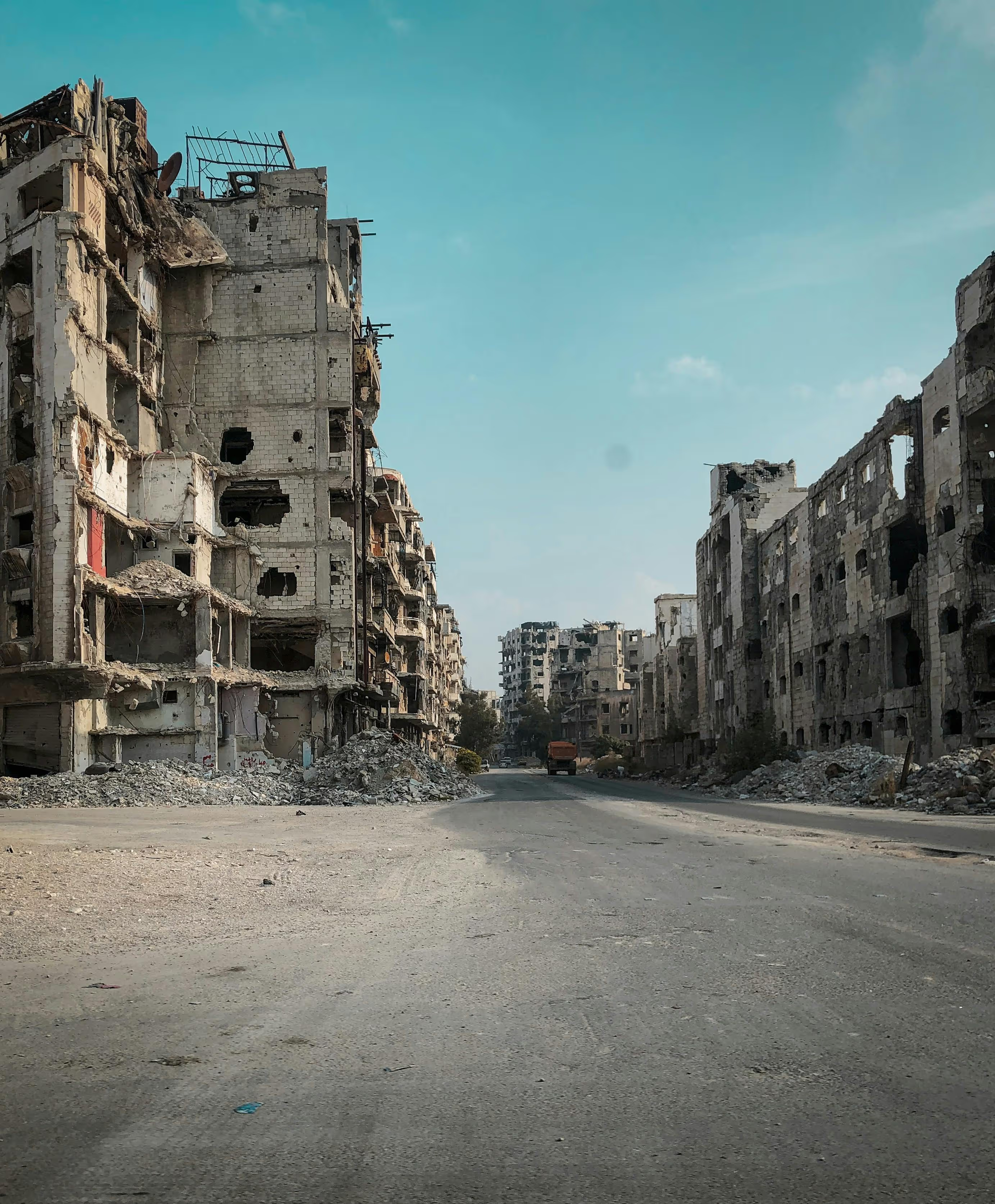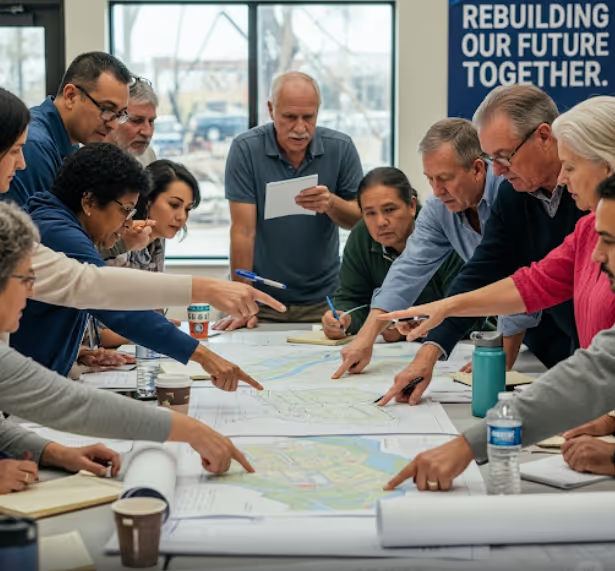The reconstruction of Syria represents both a challenge and an opportunity. To accomplish it with maximum effectiveness and sustainability, the pivotal role that Syrians in the diaspora can play cannot be overlooked. This vast and widespread segment of the population, extending across the globe, possesses not only significant financial resources but also invaluable professional, technical, and intellectual expertise that can greatly contribute to supporting and ensuring the success of the reconstruction process and national revival.
Why Syrian Expatriates Are a Treasure for Reconstruction
International experiences in many countries that have endured conflicts or disasters, such as Lebanon, Ireland, and Croatia, have clearly shown that diaspora communities play a vital and crucial role in economic recovery post-conflict. This is due to several key factors:
- Loyalty and Belonging to the Homeland: Despite years of living abroad, the connection to their homeland remains strong for the vast majority of Syrian expatriates. They harbor a deep desire to see their country recover and prosper.
- Substantial Financial Resources: Many Syrians in the diaspora have significant savings and capital acquired from their work and investments in their host countries. These funds can be transformed into direct investments or remittances that support the local economy.
- Diverse Experiences and Skills: Syrian expatriates possess broad expertise across various economic, technical, and administrative sectors, gained from working in developed environments. This expertise is essential for knowledge transfer and the development of vital sectors in Syria.
- International Networks: Expatriates have extensive global networks in trade, business, and finance, which can be leveraged to attract more foreign investments and international partnerships.
Channels for Engaging Syrian Expatriates:
To mobilize the resources and expertise of Syrians abroad, a comprehensive strategy focusing on multiple channels must be adopted:
- Direct Investment:
- Facilitating Investment Procedures: Simplifying and streamlining all legal and administrative procedures related to company registration, obtaining licenses, and purchasing real estate for expatriate investors.
- Providing Investment Incentives: Offering tax incentives, customs exemptions, or credit facilities for projects launched by expatriate investors, especially in priority sectors for reconstruction (e.g., infrastructure, housing, energy).
- Guarantees and Protection: Providing legal guarantees to protect investors' rights and properties, and establishing effective mechanisms for dispute resolution.
- Investment-Ready Projects: Preparing clear and economically viable "project packages" in various sectors, ready to be presented to expatriate investors.
- Remittances:
- Secure and Efficient Transfer Channels: Facilitating and simplifying channels for transferring funds from abroad to within the country, and reducing transfer fees to increase the volume of remittances that can support families and the economy.
- Leveraging Expatriate Remittances: Encouraging expatriate remittances to direct a portion towards investment in small and medium-sized enterprises (SMEs) or into government bonds specifically for reconstruction.
- Knowledge and Expertise Transfer (Brain Gain):
- Return-to-Homeland Programs: Launching programs and initiatives to encourage qualified Syrian expatriates to return and contribute to the reconstruction process by providing decent job opportunities and a stimulating work environment.
- Consulting and Training: Establishing platforms that allow expatriates to offer technical and professional consultations remotely, or participate in training and capacity-building programs for local cadres within Syria.
- Knowledge Partnerships: Encouraging partnerships between Syrian educational and research institutions and their counterparts in host countries to exchange knowledge and technology.
Building Trust as the Foundation for Success
The key to the success of these efforts is building trust between Syrians in the diaspora and the institutions involved in reconstruction. This requires:
- Full Transparency: Providing transparent information on investment opportunities, the legal framework, and project progress.
- Eliminating Bureaucracy and Corruption: Implementing radical reforms that ensure a business environment free from administrative and financial obstacles.
- Effective Communication Mechanisms: Establishing direct and effective communication channels with diaspora communities to listen to their concerns and suggestions.
Engaging Syrian expatriate investors is not merely an addition; it is a vital and crucial element for the success of the reconstruction process. Their ability to mobilize capital, transfer knowledge, and build bridges with the outside world will be the driving force that enables Syria to rise again and build a prosperous future for its people.




